Listen to the latest episode of Ghost Wrap here, brought to you by Mazars:
Irongate launches its Australian industrial fund (JSE: BTN)
Burstone Group is providing 20% of the equity investment
The Irongate joint venture in Australia has announced its first industrial acquisition, being a A$57.25 million property in Sydney with a vacancy rate of just 0.2%. This deal effectively seeds the new Australian Industrial Property Fund.
At this stage, that fund is unlisted. Burstone Group (which was Investec Property Fund) will take 20% of the equity in this investment, coming in alongside Phoenix Property Investors with 80%. The Irongate joint venture (in which Burstone is a partner) will provide the fund and asset management services.
Overall, the benefit to Burstone is that the Irongate joint venture is a platform to grow its capital-light revenue and capabilities, with the underlying fund giving Burstone the ability to participate directly in the property equity as well.
Growthpoint gives a detailed quarterly update (JSE: GRT)
The South African portfolio is showing signs of life
It’s always a big deal when Growthpoint releases an update, as this is the best way to see broad performance in the property sector.
Looking at the South African portfolio, the lease renewal rate of 78.2% this quarter is a big jump from 64.9% for FY23. Not only are vacancies down from 9.4% to 9.1%, but the average period on renewals is higher too. Escalations on renewal increased from 6.8% to 7.3%, so the pain of higher costs and funding rates is starting to be passed on to tenants. But replacement leases in the case of a tenant moving out are still coming in with negative reversions (i.e. cheaper than the lease being replaced), although -7.5% is a lot better than -12.9% previously.
Overall, there’s improvement in the retail and industrial sector along with gradual progress in the recovery of the office sector. Office vacancies are still a big headache, coming in at 18.9% with a renewal success rate of just 51.8%. It’s incredible to compare the Western Cape (single-digit vacancy rate) to Sandton (27.7%).
Growthpoint is only recovering 12.1% of its diesel costs from retail tenants. They hope to increase this to 30% in FY24, so that’s not good for food inflation. Lease addendums will seek to recover actual diesel consumption, not a fixed levy.
As usual, the jewel in the local crown is the V&A Waterfront, with a 32% increase in international air passengers into Cape Town driving a 9% increase in earnings before interest and tax.
Looking at the specific investment funds, Growthpoint Healthcare REIT has a loan-to-value of 14.8% and is busy with the acquisition of the Johannesburg Eye Hospital, but higher arrears mean that no growth is expected in distributable income per share in FY24. The Growthpoint Student Accommodation REIT has a vacancy rate of just 8%, with a few developments underway, but the expiry of a rent guarantee will significantly impact distributions. The portfolio in Nigeria isn’t appealing either, with a loan-to-value of 41% and some headaches on financing costs over the next couple of years.
If we shift our focus abroad, the notable update is that Growthpoint has increased its stake in Capital & Regional from 62.4% to 68.1% as part of supporting the acquisition of The Gyle Shopping Centre in Edinburgh.
The group balance sheet reflects a weighted average interest rate of 9.6%, or 7.0% after interest rate swaps and foreign-denominated loans are included. There was no significant refinancing activity in this period.
Finally, there’s a fascinating update around green energy. Known as a “wheeling agreement”, solar power from the Constantia Village shopping centre was injected into the city’s grid for use at Growthpoint’s office building in the foreshore. This is literally an exchange of energy between two Growthpoint-owned properties.
I try to temper my enthusiasm as a very happy semigrator to Cape Town, but it’s tough sometimes to be objective. It’s just great to read stuff like that.
Back to Growthpoint’s numbers, distributable income per share guidance for FY24 is unchanged, which means shareholders are still in for a tough time overall.
Heavy client cash outflows at Old Mutual (JSE: OMU)
A third quarter update gives us a good view on year-to-date performance
Old Mutual is a giant of an organisation, so you can expect to see varying levels of performance at segmental level. By the time you see this as a group number, the outcome is usually a lot smoother due to offsetting effects of strong and weak segmental performance.
A third quarter update means we now have a view on the nine-month performance this year.
Life APE sales only increased by 4%, but that was because of a product in China that was in the base period and subsequently discontinued. Excluding China, it was up 13%.
Gross flows grew 8%, driven mainly by the businesses in the rest of Africa. There were also premium increases elsewhere in the business that brought cash in.
Net client cash flow is an ugly number though, showing an outflow of R10.8 billion vs. an outflow of R1.2 billion in the prior period. Cash is being pulled out from Old Mutual Investments as clients face economic difficulties and need to dig into savings. There were also some rotations from large offshore players that impacted this number. The highlight is that Old Mutual raised R8.4 billion in the Alternatives business, which is a higher margin operation.
The loans and advances book grew by 2%, a function of Old Mutual’s cautious lending strategy in this environment.
Finally, gross written premiums grew by 11% excluding the acquisition of Genric Insurance Company. With that acquisition included, they grew 15%.
CFO Casper Troskie is due fore retirement in April 2024. To help with IFRS 17, he’s sticking around for another year.
Pan African Resources is making more gold at just the right time (JSE: PAN)
With the gold price doing well at the moment, this is what investors want to see
Pan African Resources has released a production update for the six months ending December. Yes, they’ve gotten the crystal ball out to give production guidance.
Gold production is expected to be between 2% and 6% higher. If we look ahead to the full financial year, there’s a small uptick in the lower range of production guidance. The group now expects to get between 180,000oz and 190,000oz of the yellow stuff out the ground vs. 175,209oz in the base period.
Looking even further ahead, completion of the MTR plant at Mogale is expected in the second half of the 2024 financial year. This project is expected to add around 25% a year in annual production!
If the gold price can sustain these levels, this is a great example of peaking at the right time.
Primeserv’s numbers went the right way (JSE: PMV)
Here’s the income statement shape you want to see
With a market cap of around R160 million, Primeserv sits firmly in the small cap bucket on the local market. The company has released results for the six months to September and the year-on-year picture tells a good story.
Revenue increased by 15% and operating profit by 21%, so there’s an improvement in operating margin. Headline earnings per share also moved higher by 21%, which tells you that there aren’t any funnies in the numbers in terms of once-offs.
The interim dividend is up 25% to 2.50 cents per share.
In terms of sector split, the company earns 30% of its revenue from engineering and mining project support services and 46% from the logistics industry.
Mid-teen growth at Reunert (JSE: RLO)
Unsurprisingly, the renewables space is becoming highly competitive
Reunert announced results for the year ended September 2023 and they reflect a 24% increase in revenue. Growth of 16% in HEPS is nothing to get upset about, but it’s well below the HEPS increase. The final dividend is 11% higher.
The group has been investing in its ICT segment, with two acquisitions in 2023. I think they need to be careful here, as the ICT sector is incredibly good at dishing up margin compression because of high levels of competition and largely homogenous product offerings. Indeed, segment revenue was up 18% and operating profit could only manage 2% growth in this period.
Another major focus area is the renewable energy market, helped along by Eskom. Large-scale containerised storage solutions will be the underpin of the business going forward, with the group noting that competition is really heating up across the solar space. The solar operations form just one part of the Applied Electronics segment, which grew revenue by 51% and operating profit by 163%.
The Electrical Engineering segment is strategically important because this is one of the areas where the group can grow internationally. Segmental revenue increased by 14% and operating profit was up 27%. As we’ve seen in so many companies that supply US-based firms, customer destocking in the US led to reduced volumes in that export market for the first three quarters of the year.
Overall, it’s a solid result for Reunert with decent growth drivers going into the new year. The share price is up 18% this year, so this is a good example of a relatively off-the-radar company (at least for retail investors) doing well.
RFG Holdings says thanks to the rand (JSE: RFG)
And to demand for pies!
RFG Holdings is on the right side of both revenue growth and margin expansion. With results now available for the year ended 1 October 2023, we see that revenue was up 8.7% and group operating margin expanded by 170 basis points to 9.6%.
It gets even better as you move further down the income statement, with diluted HEPS up 35.4% and the dividend following suit with a consistent payout ratio. Cash generated from operations jumped by 59.8%, so these are high quality earnings from a cash perspective.
And on top of all of this good news, return on equity improved from 12.5% to 14.9%.
It’s not all roses and sunshine. RFG only grew because of pricing increases, as group volumes fell by 8.3%. Also take note that foreign exchange gains contributed 340 basis points of revenue growth and the acquisition of Today was good for another 90 basis points. If you look even deeper, you’ll see that local volumes were down 6.6% and international volumes fell 13.6%, so the weak rand did wonders for the group level result.
It says a lot about consumer pressures that areas of strength include long-life products (less wastage) and demand for pies (a cheaper way to fill tummies). The canned fruit and vegetable categories struggled as consumers buckled under price increases in that aisle.
No additional suitors were found for Textainer (JSE: TXT)
The “go-shop” opportunity has now ended
Textainer is due to be acquired by Stonepeak, an alternative investment firm focused on infrastructure and so-called real assets. The deal price is $50 per share, putting an enterprise value of $7.4 billion on the group.
The interesting thing with this deal is that it included a go-shop clause, which gave Textainer and its advisors a 30-day window period in which to try solicit a better offer. There was no luck in terms of finding a better or even alternative proposal, so Stonepeak is the only bidder in town.
Assuming Textainer shareholders say yes to this offer, the deal is expected to close in the first quarter of 2024.
Little Bites:
- Director dealings:
- A non-executive director of Richemont (JSE: CFR) has bought shares worth around R8.5 million. Separately, a non-executive director bought shares worth R55.5k.
- Mark Olivier seems to be the new Des de Beer, buying another R1.16 million worth of shares in Lighthouse Properties (JSE: LTE).
- There’s a very unusual appointment in the banking industry, with Jason Quinn announced as CEO-designate of Nedbank (JSE: NED). Now, if that name seems familiar, it’s because Quinn was the interim CEO of Absa (JSE: ABG) from April 2021 to March 2022 and is currently the Financial Director of that group. He will join Nedbank from 31 May when Mike Brown steps down as CEO, bringing with him a deep understanding of one of Nedbank’s biggest competitors. This is quite the coup for Nedbank! Quinn has stepped down from the Absa board with immediate effect for obvious reasons. Chris Snyman moves into the Interim Group Financial Director role to replace him.
- The CEO of Aveng (JSE: AEG) is retiring from the top job with effect from 1 March 2024. His replacement is Scott Cummins, the current CEO of McConnell Dowell, which is Aveng’s largest subsidiary. Rather than Scott moving to South Africa, the current CFO Adrian Macartney will be taking advantage of the opportunity to move from Joburg to Melbourne. I’m sure he can’t buy his ticket quickly enough! On a serious note, the epicentre of the group is moving to Australia, so that’s an important strategic point.
- The formal documentation for the MiX Telematics (JSE: MIX) – PowerFleet proposed merger has been delayed. The intention was to distribute the circular and prospectus by 5 December, but there are various regulatory approvals that are needed and the documents should ideally be issued simultaneously. On this basis, the Takeover Regulation Panel (TRP) has granted an extension for the issuance of the scheme circular to no later than 31 January 2024.
- Sibanye-Stillwater (JSE: SSW) announced the reference price for the $500 million raise of convertible bonds. In case you missed the news yesterday, they can be converted at a premium of 32.5% to the 30-day VWAP. That conversion price has now been announced as $1.3367 per share. The rand price based on which this was calculated is R18.55. Note that the dollar price is now locked in.
- Sable Exploration and Mining (JSE: SXM) executed a rights offer that could barely have been more ignored by shareholders. Minority shareholders took up just 0.59% of the shares offered to the market. As underwriter, PBNJ trading and Consulting picked up 89.04% of the raise. This was very much the intention behind this capital raise of R52 million.
- Steinhoff Investment Holdings (JSE: SHFF), which is the issuer of preference shares in the group, will change its name to Ibex Investment Holdings.
- Go Life International (JSE: GLI) will change its name to Numeral Limited.

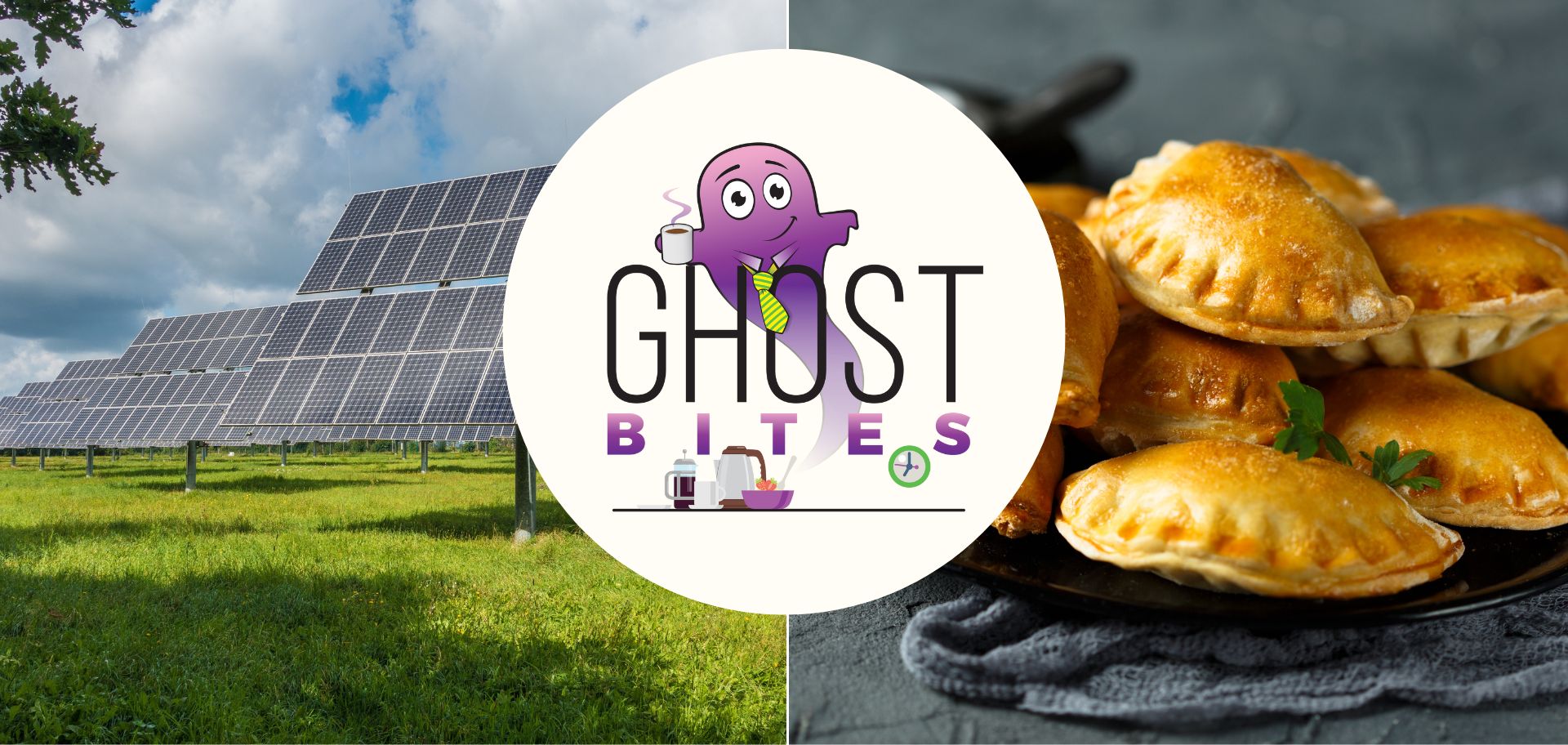



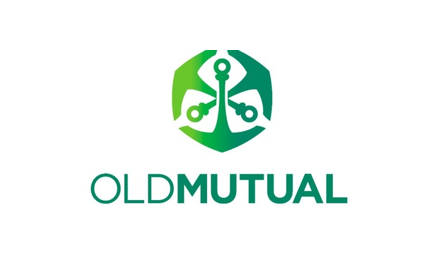
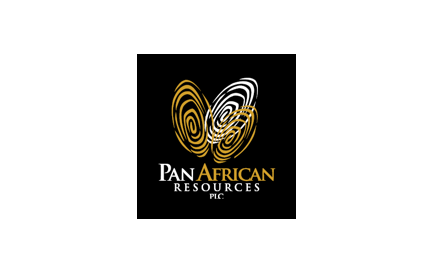
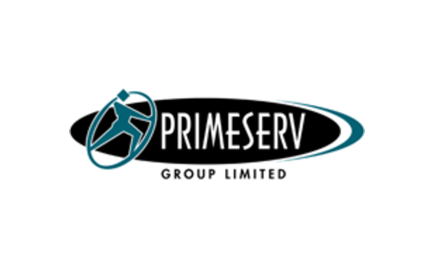
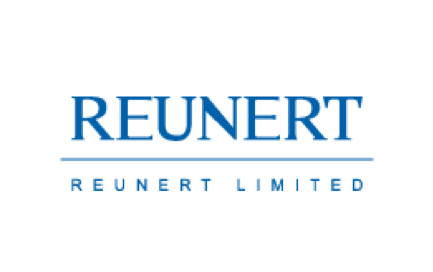
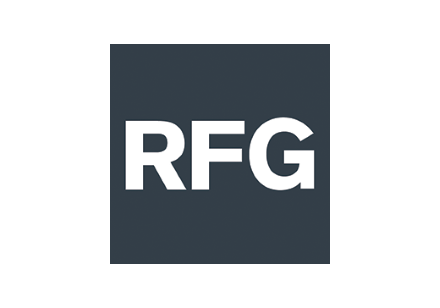
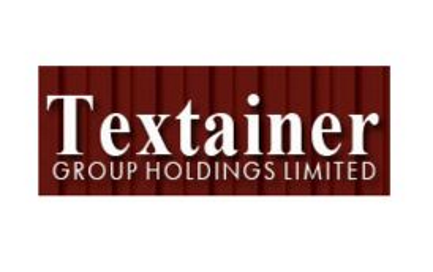
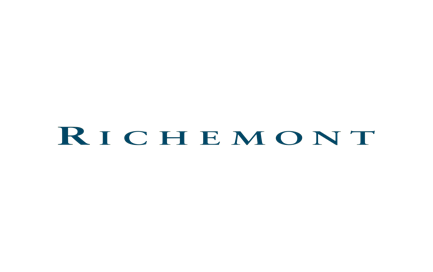

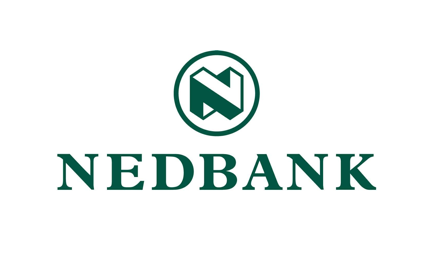
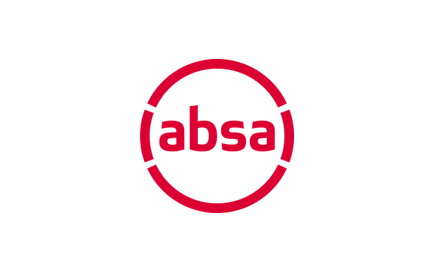

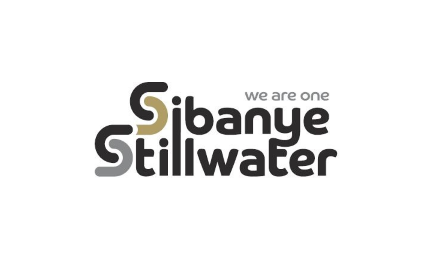
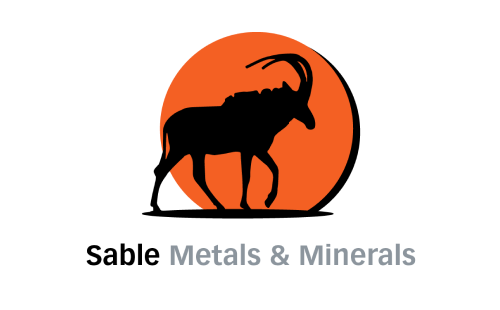
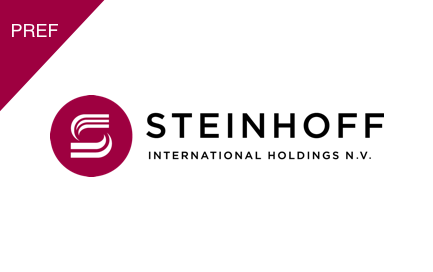



Regarding 20% inflation on fruit and veg, my northern side neighbour had a huge bottlebrush tree in his yard casting a shadow in most of my veg garden. In winter they erected a carport and the Bottlebrush had to go. This allowed me to reclaim all my sunshine and I sowed a lot of seeds. Because the soil was resting several years everything is growing with vigour. Most of it get bottled or frozen and can last up to the next season. Surplus is handed out to the domestic workers walking past and they always show a lot of appreciation. Saving on vegies mean there is always a few bob to invest somewhere. Its all very exciting its not only the vegies that is growing but the dips that I bought the last 3 to 4 weeks also seems to fell on fertile soil.